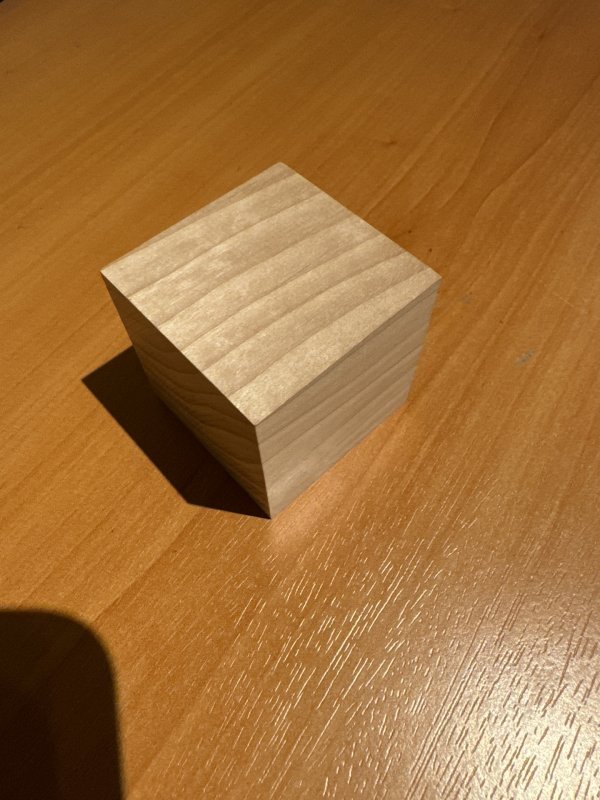I think you are asking the wrong question.
Questioning each other as to their "listening" training, as if that would prove that one person says they gain by placing stones on their electronic devices or lifting cables off the carpeted wooden floor is more valid than another is like arguing which has a better grasp of the design of the fine garment that the Emperor is supposedly wearing. Where is the unindoctrinated kid that shouts out that the Emperor isn't wearing any clothes?
Questioning each other as to their "listening" training, as if that would prove that one person says they gain by placing stones on their electronic devices or lifting cables off the carpeted wooden floor is more valid than another is like arguing which has a better grasp of the design of the fine garment that the Emperor is supposedly wearing. Where is the unindoctrinated kid that shouts out that the Emperor isn't wearing any clothes?
Last edited:







